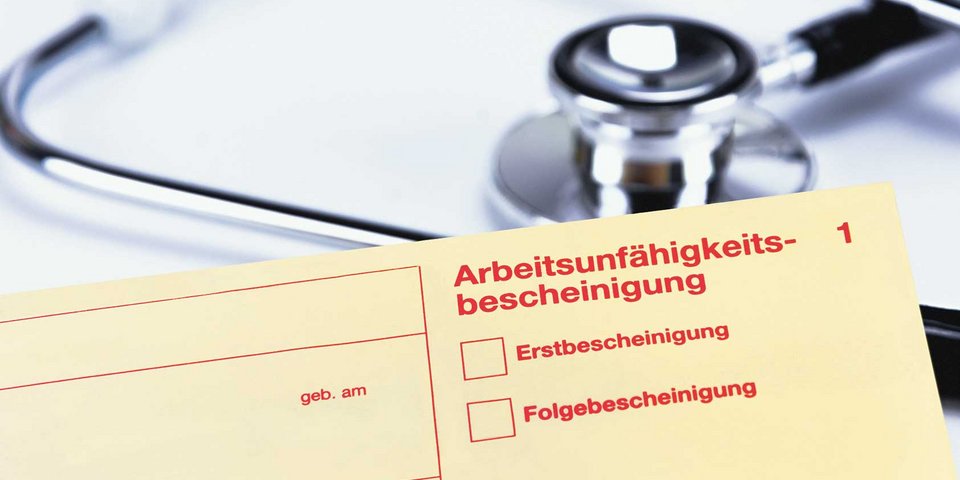 ©FotoIdee - stock.adobe.com
©FotoIdee - stock.adobe.comCOVID-19: Reaction by the social security systems
Safeguarding health and social protection in times of pandemic
JS/UM – 06/2020
The
coronavirus pandemic is presenting an unprecedented challenge to the health and
social security systems in the European Union. These same systems also have an
enormous responsibility.
Fighting a crisis is a joint task
Social
security is a highly valuable asset. This is particularly true in times of
crisis. As was the case during the financial crisis, the solidarity-based
social security systems have proved to be rock solid. In many cases, they have
shouldered government responsibilities and protected public bodies from being
overburdened. They continue to do this.
The
provision of health services, sickness benefits, unemployment benefits or short-time
work benefits have secured the livelihoods of people in Europe and responded to
changing circumstances. This has allayed many of the fears and concerns that
people are experiencing.
The
European Social Insurance Platform (ESIP) is a network of 50 national social
security organisations from 16 Member States, the United Kingdom and
Switzerland. By implementing a wide range of measures, such as simplifying
procedures for accessing and granting additional benefits for those most
affected, the social security institutions represented in ESIP have
demonstrated flexibility and the ability to respond appropriately and
professionally to the exceptional circumstances created by the coronavirus.
This is the result of a recent survey conducted by ESIP on
national measures taken as a result of corona and adaptations to the social
security coordination rules.
The key
results from the ESIP survey include:
Sickness benefits and healthcare: supporting insured persons
Generally
speaking, the rules for sickness benefits continue to apply as usual, although
a doctor’s certificate can now be obtained after a remote consultation. Some
countries are providing sickness benefits to a larger group of people such as
at-risk persons or parents caring for affected children.
Several
countries have simplified procedures to facilitate the mobility of patients who
need care abroad. Financial support is also being provided to self-employed
healthcare workers.
Additional
funds have been made available to finance these measures.
Mobile workers: a pragmatic approach
Frontier
workers may have had to work in their country of residence because they could not
cross borders to reach their place of work. In such cases, and provided that working
from home is temporary, all countries surveyed have made the same decision and are
using the laws that would have applied under non-crisis conditions and with open
borders.
Different
approaches have been adopted for posted workers who are quarantined in the
country of posting beyond their original posting period. In some countries, a
new notification is required to extend the posting period. In other countries
this is not necessary, and the extension will be arranged after the emergency
has ended.
Additional support for childcare at home
A range of
solutions have been introduced for parents who have to look after their
children at home. Exceptional allowances are being provided in some countries. Support
is also being provided in some countries to childcare facilities and their
employees who have had to stop working due to closures. Persons looking after
children are sometimes also entitled to additional childcare leave or parental
leave.
Pension benefits abroad: easing rules to ensure ongoing payments
Pension
recipients who live in a country other than the country of insurance often must
submit certified life certificates. Since pensioners have been unable
to go to the office in person due to lockdown restrictions, most countries had
extended the deadlines for returning the required certificates and have allowed
self-signed certificates or waived the requirement for certificates altogether.
Online services: a tool to facilitate access to social security
All ESIP
members are providing regularly updated information on their websites. Online
services have been extended for almost all necessary procedures. However, call
centres have also remained open.
Further
information can be found in the comparison table and on ESIP’s dedicated website.
